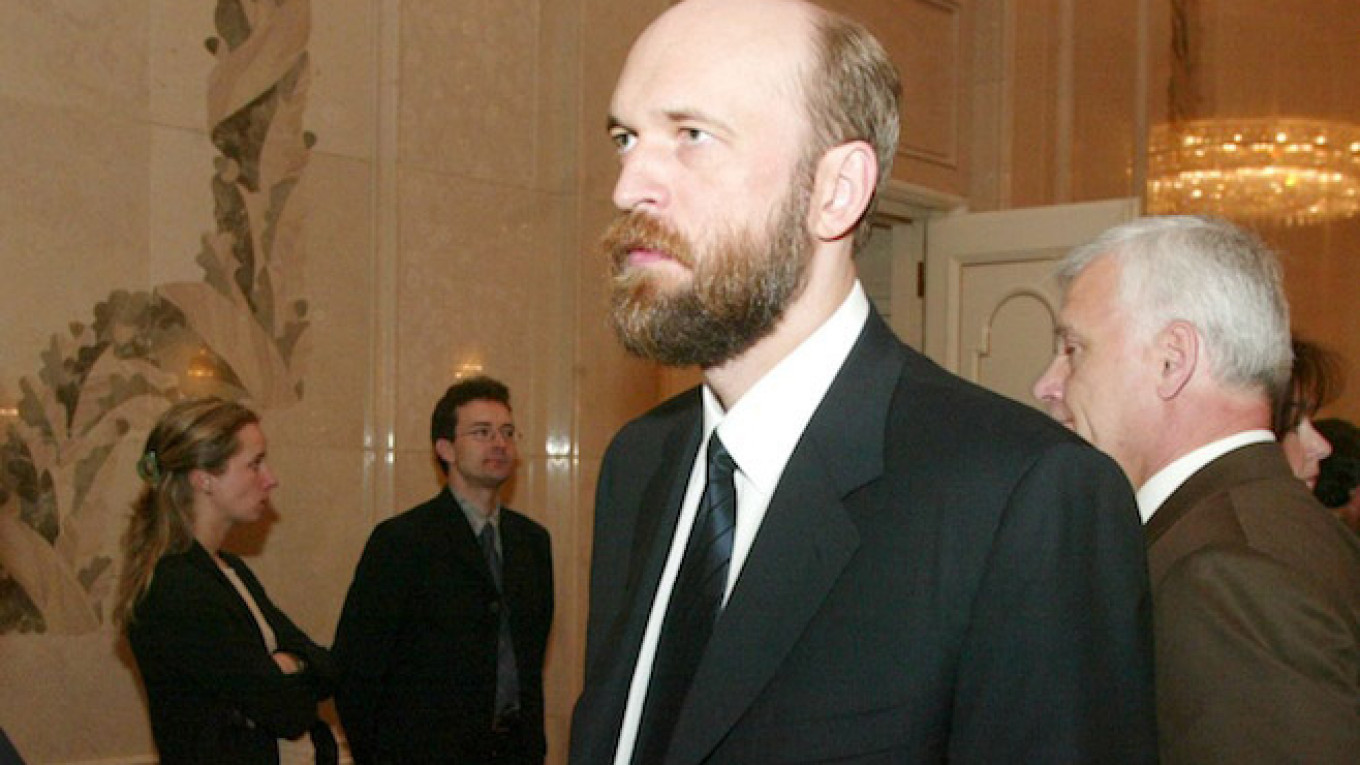LONDON — Sergei Pugachyov, a Russian tycoon once dubbed "the cashier to the Kremlin," must disclose further information about the trusts he uses to bolster his income, a London Court of Appeal judge ruled Friday.
The ruling, which upheld an earlier decision, is the latest blow for the former Kremlin insider, against whom London's High Court issued a worldwide asset freeze last June following an application from the Russian Deposit Insurance Agency (DIA).
The agency accused him of having a role in the siphoning off of $1 billion in funds from Mezhprombank, which filed for insolvency in 2010.
In one case, it said, Pugachyov helped himself to over $700 million in Central Bank of Russia bailout money for Mezhprombank. The money ended up in a Swiss Societe Generale account held in the name of Cypriot company Safelight, one of the directors of which was Pugachyov's son.
The transfer was a sham, the DIA alleges, despite ostensibly pertaining to certain "investment agreements."
Last June's asset freeze applied to $2 billion of assets and set the former high flyer a spending limit of 10,000 pounds per week.
Pugachyov's partner Alexandra Tolstoy told the British tabloid Daily Mail in July that it was impossible to manage their homes, two housekeepers, three nannies, two drivers and a live-in doctor on 10,000 pounds per week.
The court of appeals judge rejected Pugachyov's claim he was no more than a "discretionary beneficiary" of the trusts, and said it was clear he lives in houses owned by the trusts and depends on income from them for day-to-day living costs.
"Sophisticated and wily operators should not be able to make themselves immune to the courts' orders," the judge said.
The Court of Appeal on Friday also overturned an order made in September last year which had required the DIA to pay $25 million into a British bank as potential compensation if the freeze order is removed.
Pugachyov had claimed that the order had caused him significant business loss, but the court found that there was virtually no evidence that he had pursued any significant business activities since fleeing Russia in 2011.
A Message from The Moscow Times:
Dear readers,
We are facing unprecedented challenges. Russia's Prosecutor General's Office has designated The Moscow Times as an "undesirable" organization, criminalizing our work and putting our staff at risk of prosecution. This follows our earlier unjust labeling as a "foreign agent."
These actions are direct attempts to silence independent journalism in Russia. The authorities claim our work "discredits the decisions of the Russian leadership." We see things differently: we strive to provide accurate, unbiased reporting on Russia.
We, the journalists of The Moscow Times, refuse to be silenced. But to continue our work, we need your help.
Your support, no matter how small, makes a world of difference. If you can, please support us monthly starting from just $2. It's quick to set up, and every contribution makes a significant impact.
By supporting The Moscow Times, you're defending open, independent journalism in the face of repression. Thank you for standing with us.
Remind me later.






